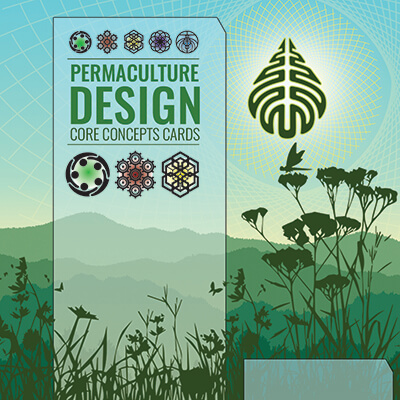Energy transition is a key ingredient in moving toward a more sustainable way of living. In BC, we need to radically reduce our energy usage and move away from fossil fuels toward a clean energy economy based on technologies like solar power.
What is this clean energy economy and how will it affect the ways we live? Will all drivers use electric cars? Could our homes be built from hemp? Can aquaponics feed communities in northern BC? How will green jobs provide new opportunities as fossil fuel jobs decline?
These are just some of the questions tackled in a new podcast series produced by Sierra Club BC. You can subscribe and download the podcast for free at https://sierraclub.bc.ca/podcast.
For permaculture folks, this is a great podcast to share with friends and family who might not share your views or who are new to these ideas and are looking for inspiring, real-world examples of how we can make the needed shift to a new way of living in BC.
When it comes to climate change, the debate is no longer whether we should move to clean energy, but how. Car manufacturers are moving to electric, building codes require energy efficiency, and countries like China and India are investing in alternative energy at a faster rate than anyone imagined. Sierra Club BC decided to take a look at what that means for our economy in BC.
The podcast features ordinary BC residents who have creatively redesigned the ways they use energy; for example, an aquaponics business owner in Prince George producing lettuce year round using recycled water from a fresh fish farm, a retired naval architect building a home with blocks of hemp fiber, and a baker who started out with an electric car and ended up going green from top to bottom at his business. The show also highlights examples of how First Nations are leading the way in the energy transition.
It turns out that business owners and workers are thinking carefully about the future and how we can make sure this transition benefits everyone. All these people are creating new jobs and moving BC forward to this next economy.
One of the big topics to emerge from the podcast series is the question of who owns our power. When communities are investing in their own alternative energy infrastructure, they want a bigger voice in how the electricity is priced and allocated—and the Site C dam and the way BC Hydro is structured could put this move for greater energy democracy in jeopardy. First Nations and other communities have already invested in producing power from solar and other alternative sources, but we don’t have a coherent energy policy in BC to incentivize distributed energy generation.
It can be hard to wade through the enormous amount of information about clean energy to figure out what it all means. Sierra Club BC made this podcast for people who know we need to act on climate change, but who feel overwhelmed by it all and so they tune out.
You don’t need a science degree to understand this podcast. Hosts Caitlyn Vernon and Sue Elrington talk about what these changes mean for everyday workers and families, and the opportunities in this transition.
The podcast is available on Sierra Club BC’s website and through iTunes or wherever you get your podcasts.
This blog post was created by Kat Zimmer, a visitor to the site. For more information contact them directly at kat@sierraclub.bc.ca, or at https://sierraclub.bc.ca/podcast.
This blog post was created by a visitor, and not by Permaculture BC. As such Permaculture BC has NO FURTHER INFORMATION then what you see here. Do not call, email or toilet paper us with emails or phone calls, as we DO NOT KNOW THE ANSWER TO YOUR QUESTION. With quiet resolve, patience and determination we thank you.




